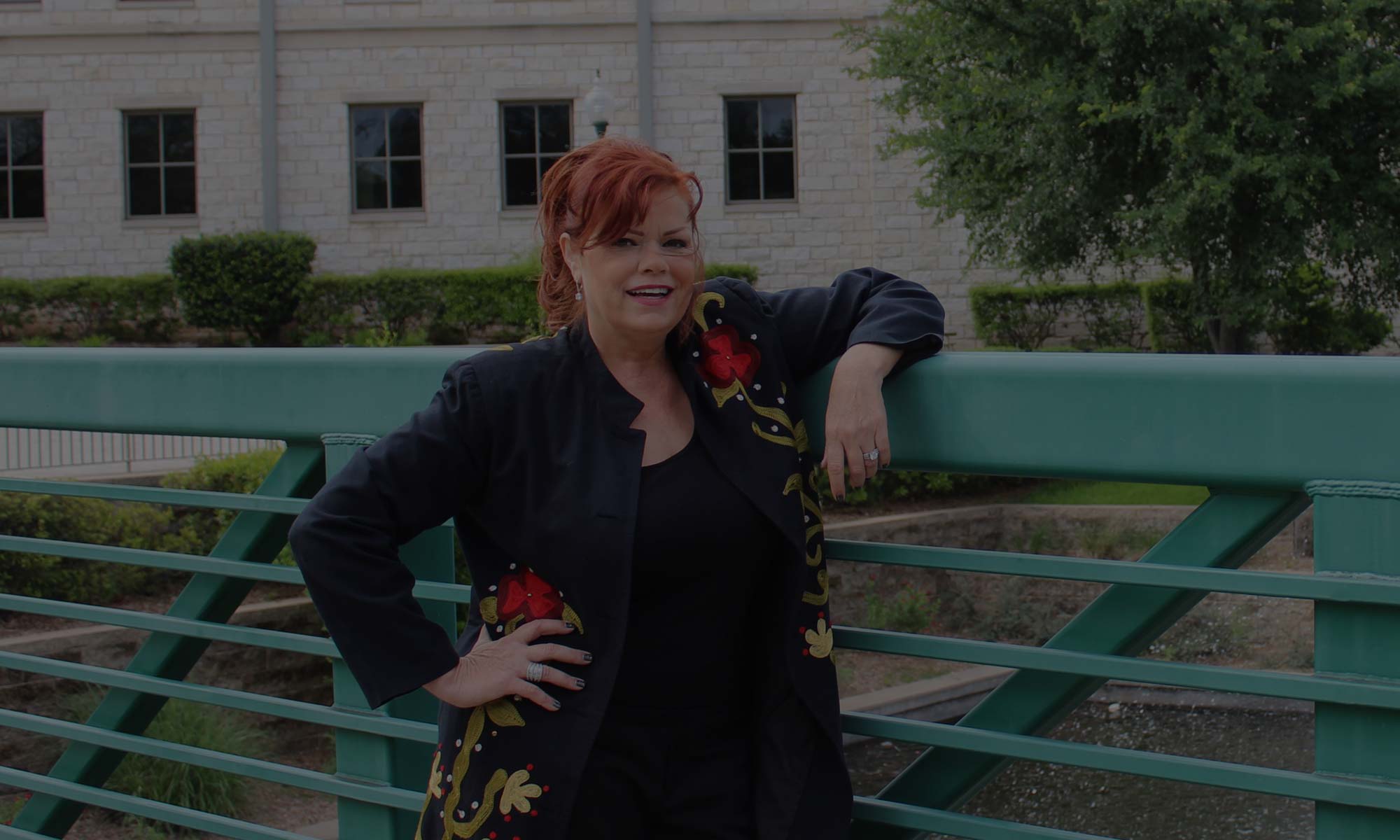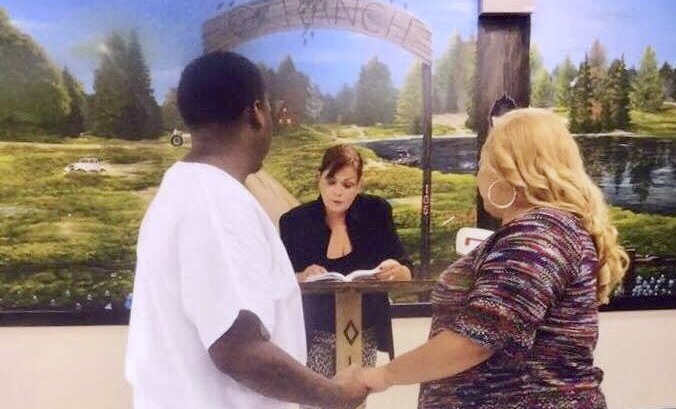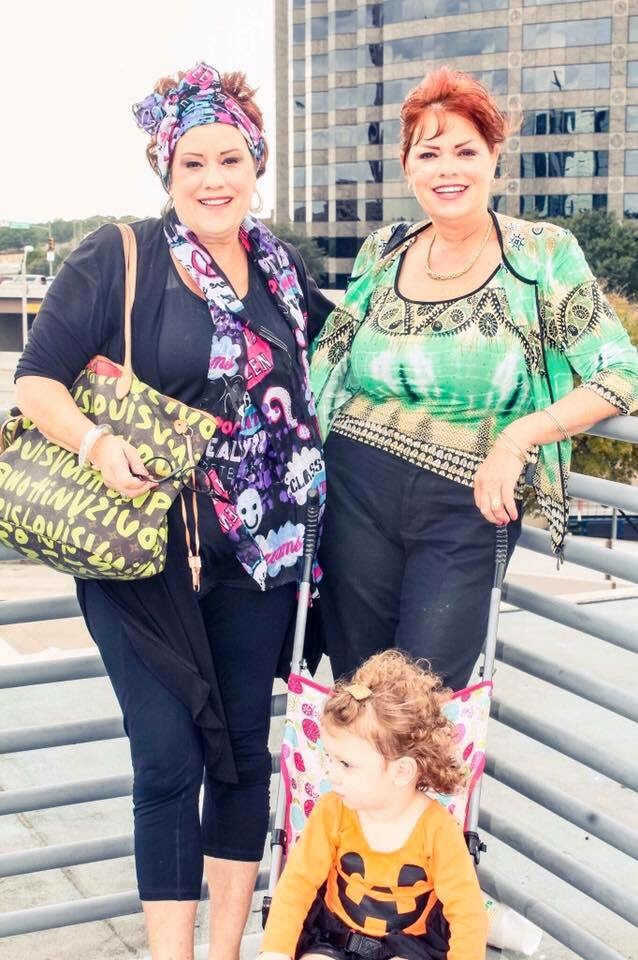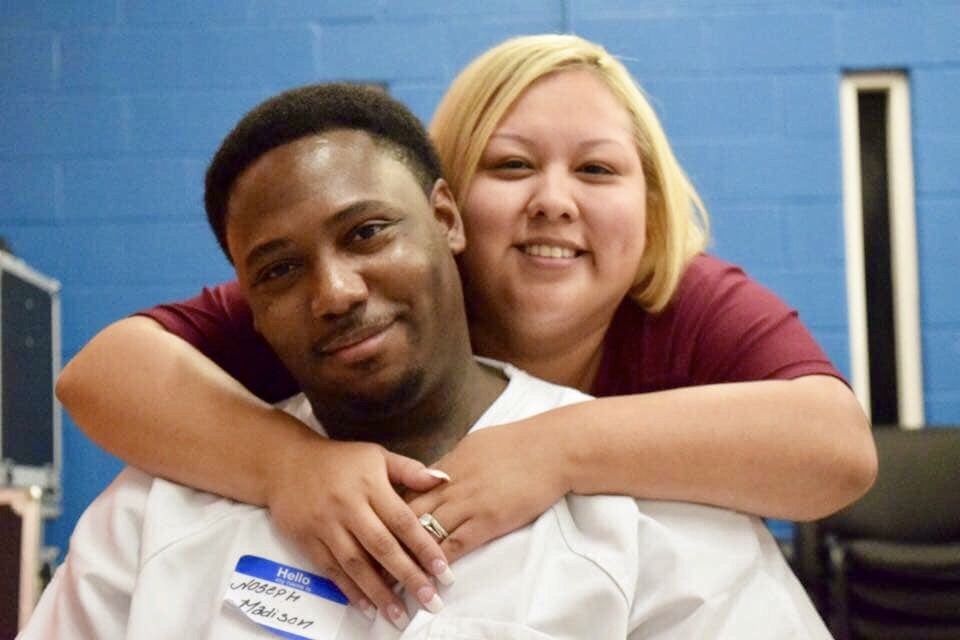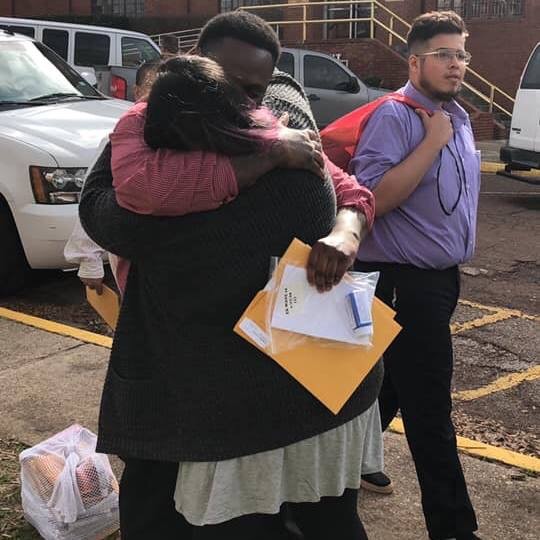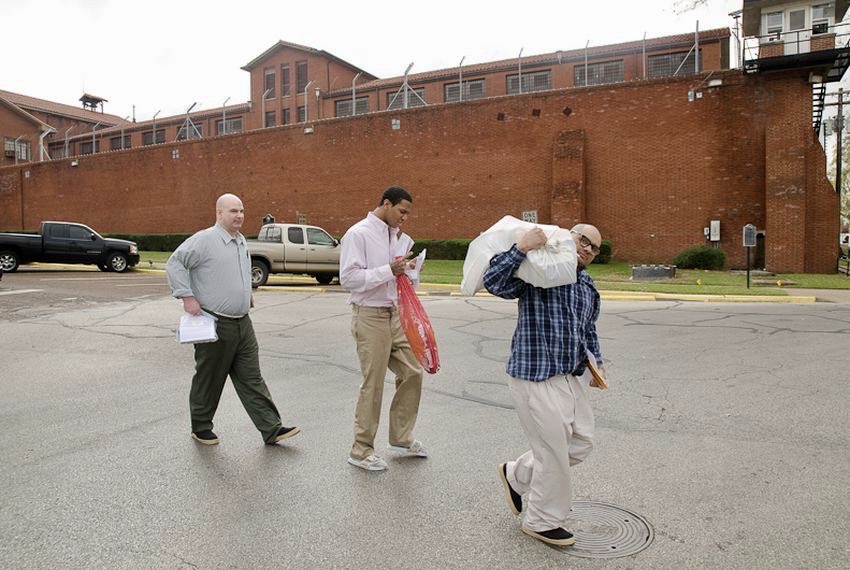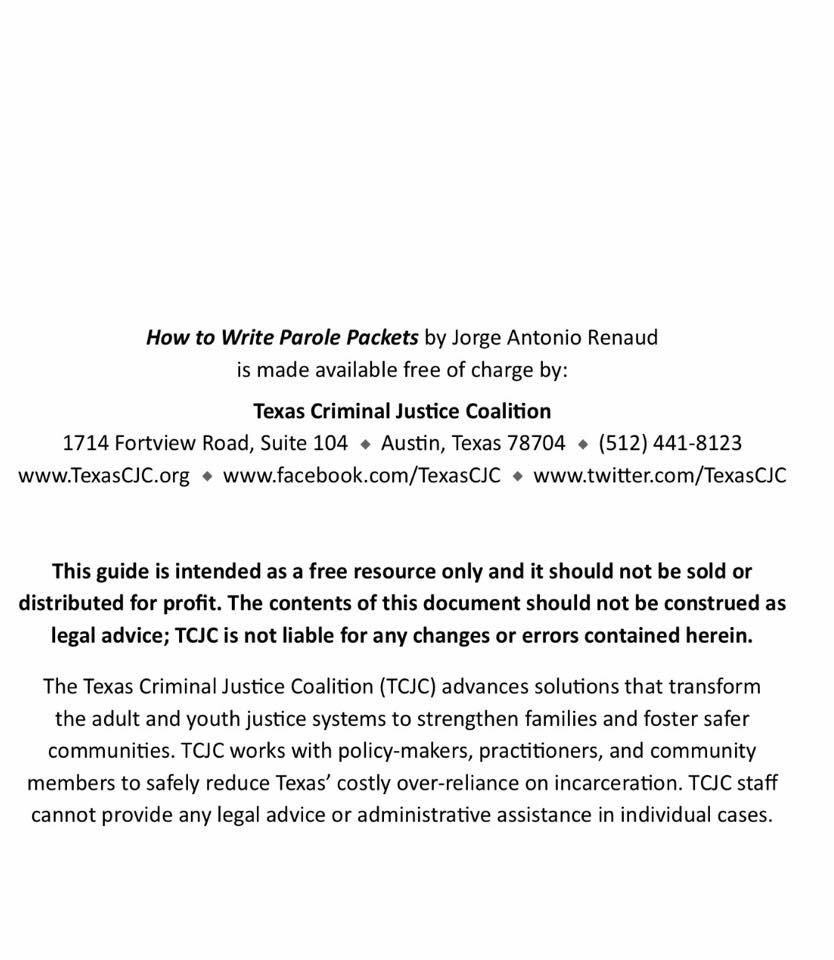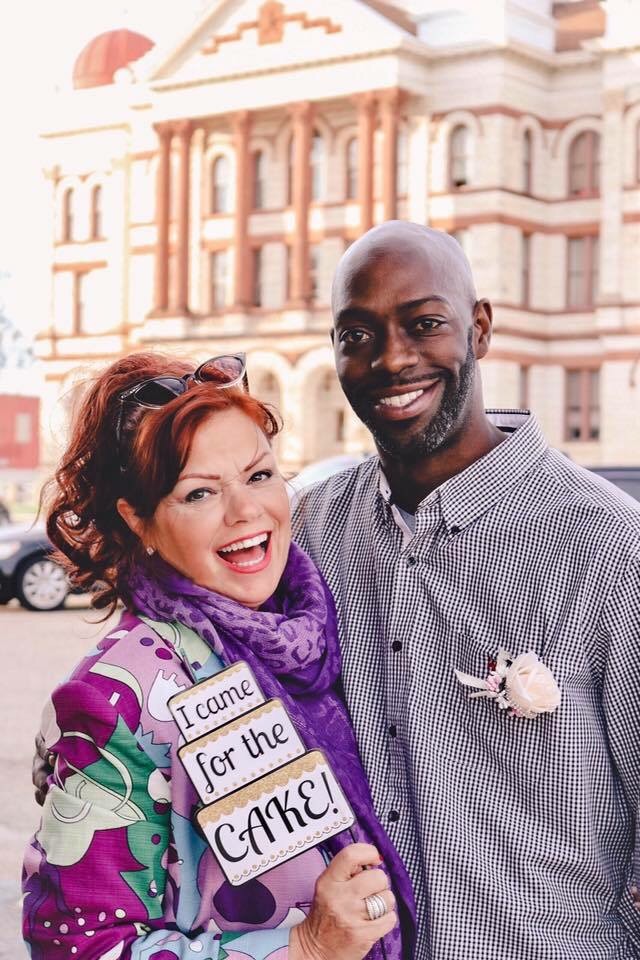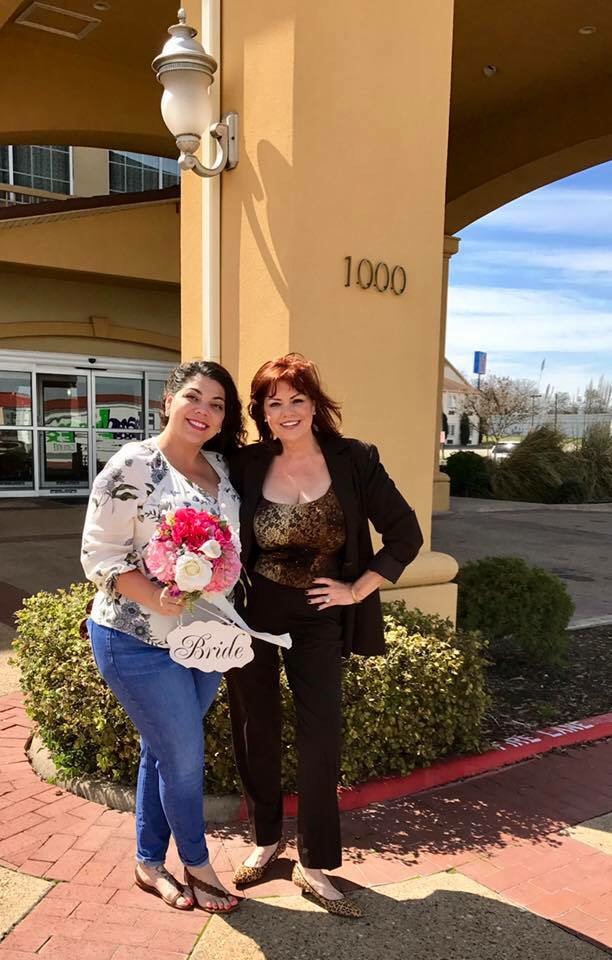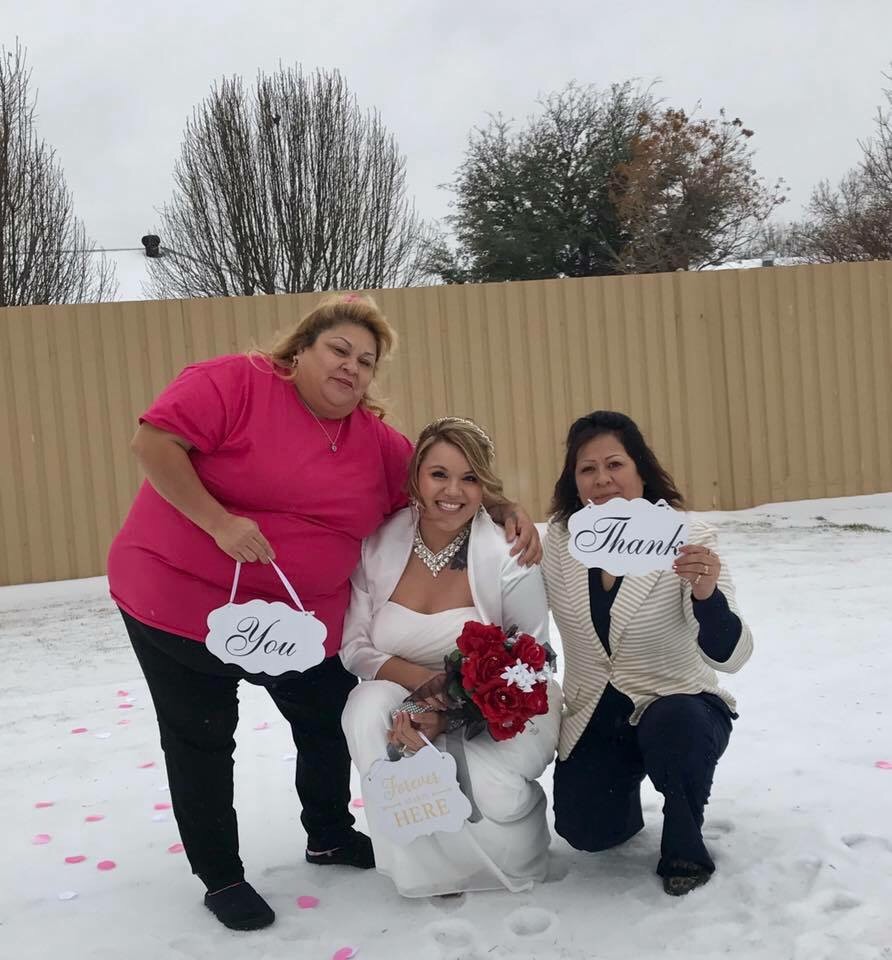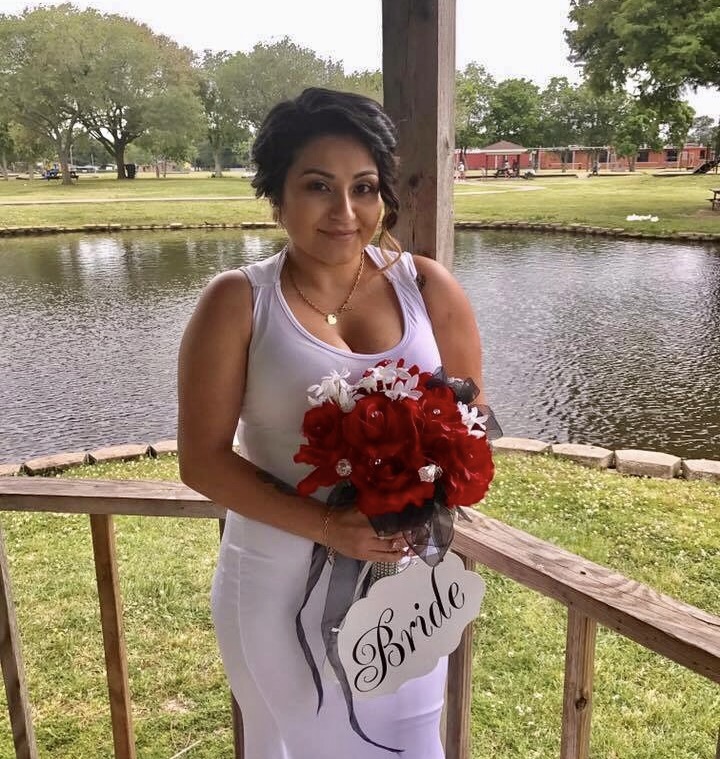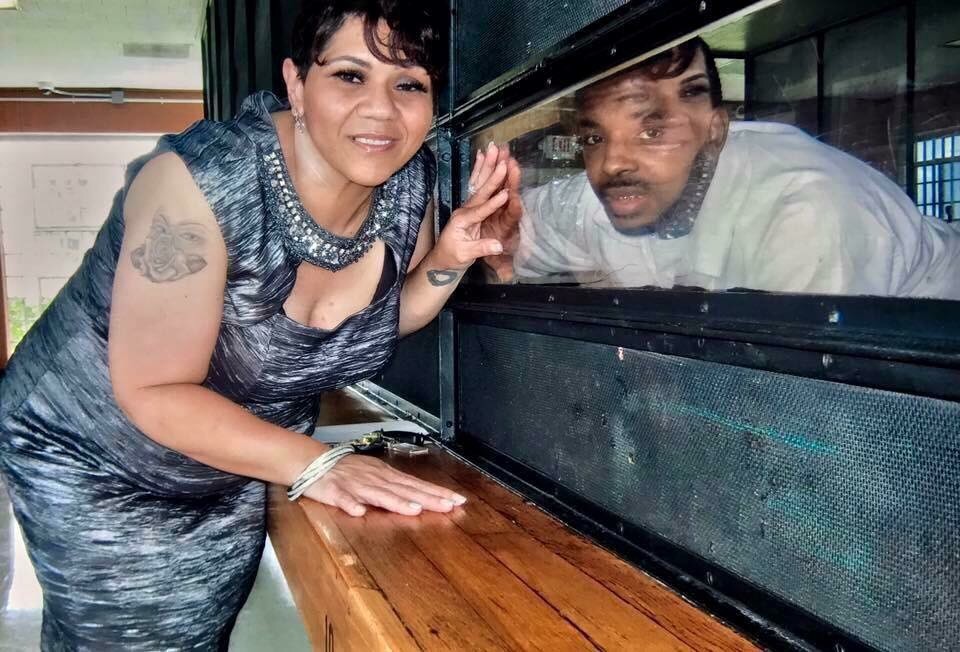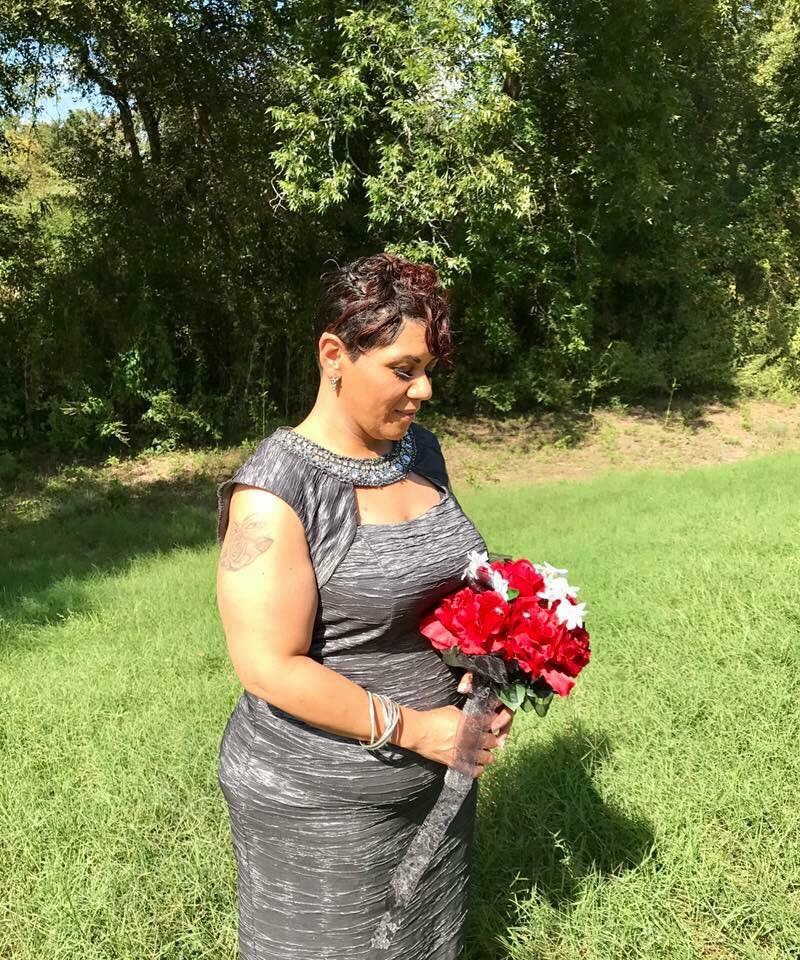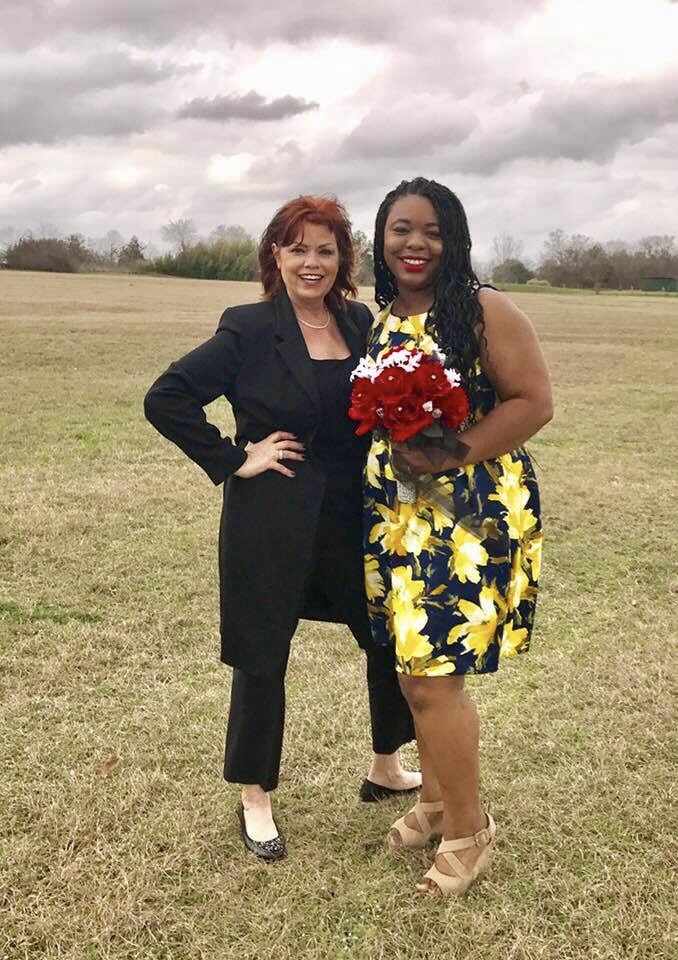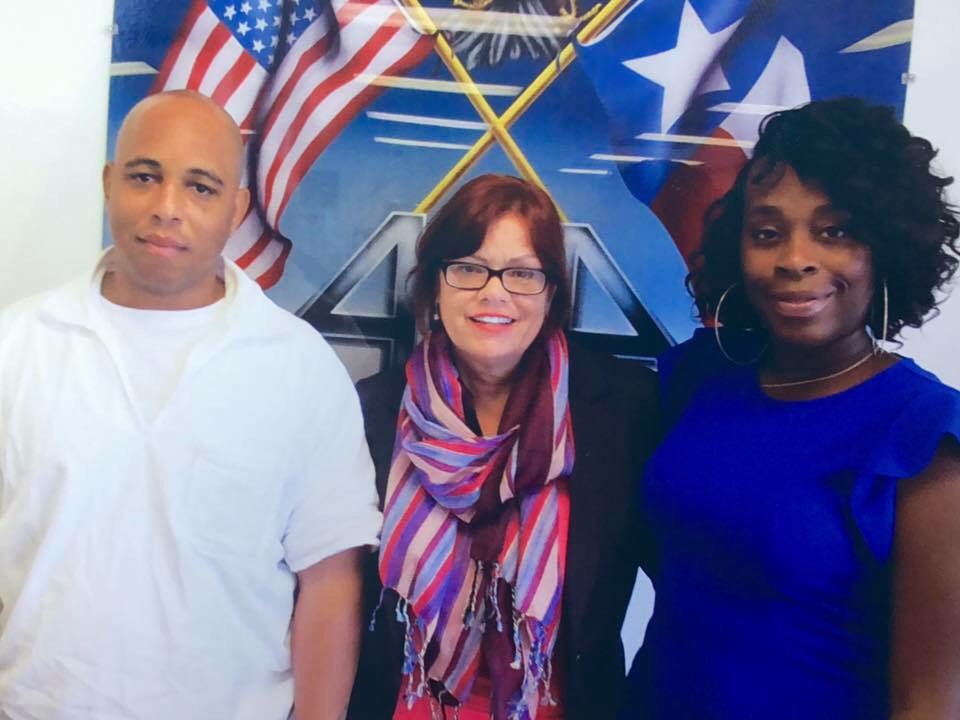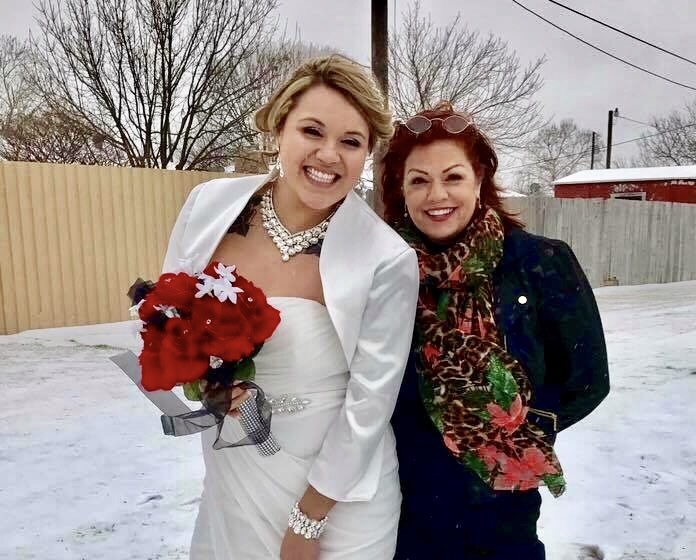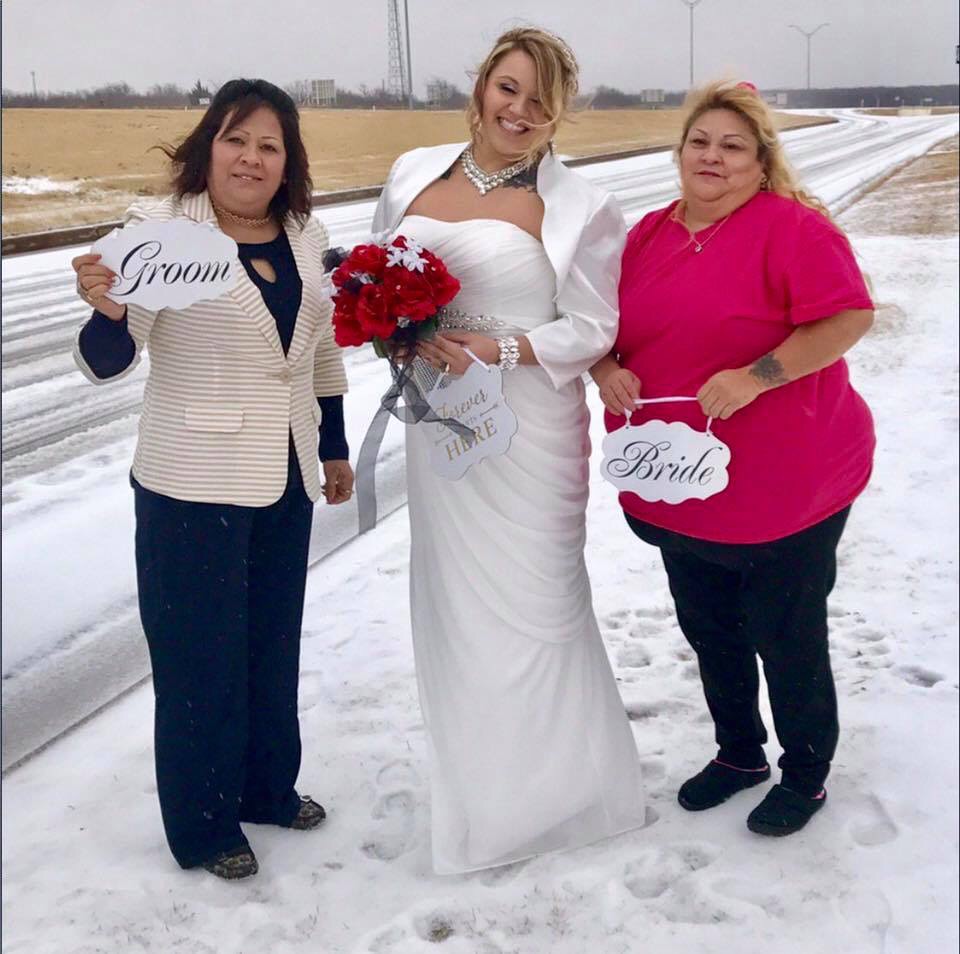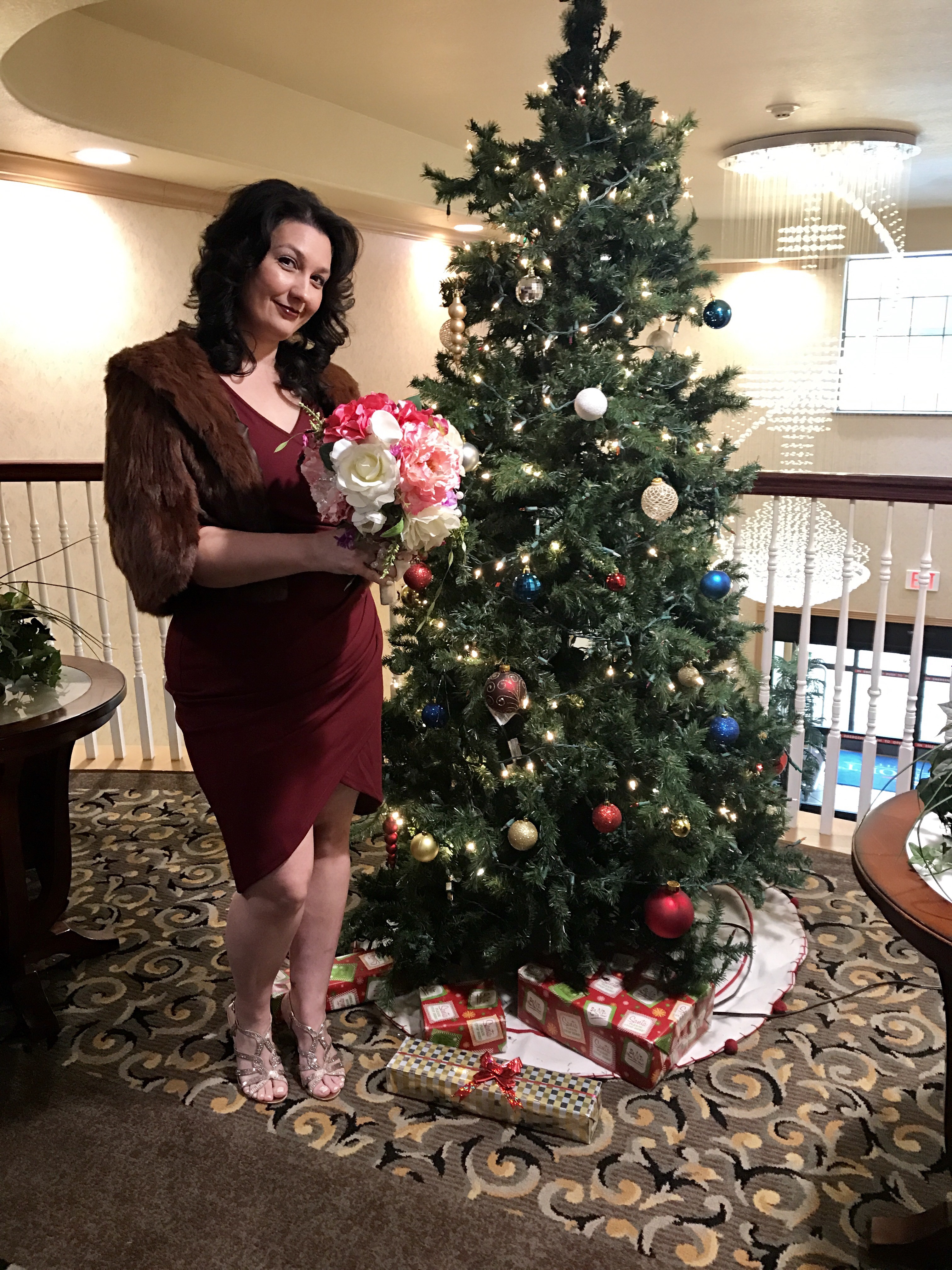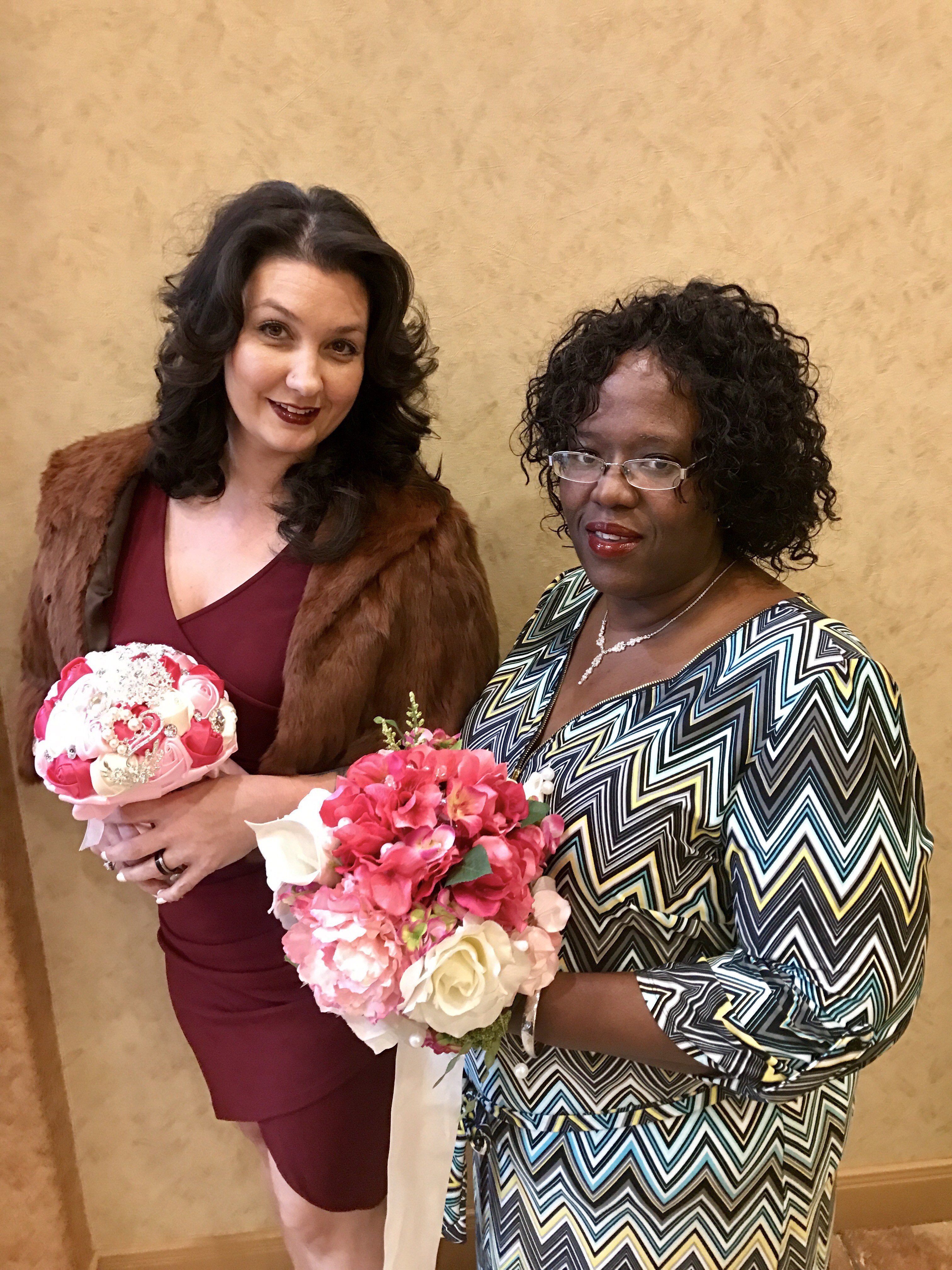The highly controversial marriages taking place inside ICE facilities or requests for marriage ceremonies continue although getting through the process isn’t a “given.”
It’s up to Detention Authorities to Approve or Deny a request for marriage while in custody.
There are strict guidelines regarding Visas. What is a Fiancée Visa? Let’s take a look-Fiancée Visa U.S. Citizens.
Johnson County is only one of many ICE Detention Facilities-Johnson County, Texas Detention Center.
As a TDCJ Officiant, the couples coming to me for a marriage ceremony aren’t “in a hurry” due to immigration issues. They have had long term relationships and formed a union. Also, they are deeply in love and in it for the long run.
There are differences between a Marriage Visa and a Spouse Visa– Acquiring citizenship through marriage is a decision that has to be carefully made.
With so many categories of visas available, you need to methodically review the eligibility requirements of each one to determine the best option.
Two visas in particular, fiance visa and spouse visa, both have their individual characteristics.
What are the unique variations between a Fiancé Visa vs Spouse Visa?
As a U.S. citizen, you can bring your Fiancé(e) to the United States with the intention to marry and live here with a Fiancé(e) K1 Visa.
With the K1 visa, the foreign fiance will be able to travel to the U.S. and marry their sponsor within the 90 days window. Afterwards, the foreign citizen can apply for an adjustment of status to become a legal permanent resident (LPR) with USCIS.
One advantage of the K1 visa is that the process is relatively fast and typically speedier than a K3 or CR-1 visa (for married individuals).
The fiance visa process is about 6 months and becoming a permanent resident thereafter takes about 10.5 months.
Spouse visas on the other hand offer two possible options–IR-1 or CR-1 and K3 visas. You can bring your spouse to the U.S. by way of a Petition for Alien Relative, I-130 or nonimmigrant visa (K3).
A “spouse” is defined as the legally wedded husband or wife, including same sex spouses of U.S. citizens and LPRs.
In some cases, common-law spouses may qualify for the same benefits. The CR-1 spousal visa is valid for 6 months and permits the holder to come to the U.S. and reside permanently. With this visa, no adjustment of status is necessary.
Spouse of Permanent Residents-
In some cases, the spouse of a permanent resident will be on a wait list until the visa or green card becomes available but this waiting period is shorter than other family immigration categories.
Comparison of Fiance Visa vs Spouse Visa
With both visas, you must demonstrate proof that you have a bona fide relationship.
With a fiance visa, you must get married in the United states whereas a K3 spouse visa is for those who were married outside the country.
Individuals who are eligible for a K3 nonimmigrant visa include:
An individual in marriage to a U.S. citizen
An individual with a Petition for Alien Relative filed by the citizen spouse
An individual with an approved I-129F, forwarded to the American consulate abroad with the intention of applying for a K-3 or K-4 visa.
A sponsor for a K-4 petition would need a number of documents when filing the petition including:
Signed Petition for Alien Relative
Evidence of citizenship in the form of a birth certificate, U.S. passport, Certificate of Naturalization, etc.
Completed G-325A forms for the sponsor and the fiancé.
Any prior marriage nullification documents.
Passport style color photos of the sponsor and spouse.
It’s important to keep in mind that the consular officer may request additional information or documentation so it’s best to consult an spouse visa attorney to learn more.
Texas has several ICE Immigration Detention Centers. For a list, here’s the link– Immigration Detention Centers In Texas.
Marriage requests at ICE Detention Centers are on the rise but, they are also very closely scrutinized.
To obtain permission to marry at an ICE Facility is a lengthy process– Marriage Requests I.C.E. Detention Facilities Procedures.
I’m well aware of certain types of marriages that are deemed illegal in the United States as I educate myself to the pros and cons of officiating legally binding unions.
I don’t make exceptions regarding a marriage ceremony for anyone or for any reason when it comes to officiating a wedding. After all, I’m signing a legally binding document. If your license has expired, you will need to purchase a new one. If your marriage license is from another state, you will need to be married within the state it was issued or buy a new license in the state you plan to marry within.
Be aware that finding an Officiant who follows the rules and guidelines is in your best interest. If someone isn’t authorized to marry you- there will be worse surprises down the road.
As alarming as it may sound, I’ve had numerous clients over the years who had initially hired someone else only to later find that they WERE NOT LEGALLY MARRIED.
It’s astounding to me how frequently my phone rings from a couple who trusted the WRONG person to Officiate their marriage.
In fact, there have been numerous lawsuits against Officiants who either didn’t understand their role or forgot to file the license. Ruining a wedding? Yes, it’s happened and will continue to happen as long as people hire “a friend” or “relative” who has no idea of the burden that lies with their duty as an Officiant.
Hire a professional Officiant. You will save yourself a lot of time and heartache. I cannot stress this suggestion enough for any couple planning to marry.
I take my “job” seriously. If you are officiating a ceremony and don’t know what you are doing or the laws associated with marriage ceremonies, you shouldn’t be performing the task.
Officiants have been subpoenaed in certain situations and arrested in others when it comes to a questionable marriage ceremony and fraud. Marriage Fraud is a felony. Anyone involved with a Marriage Fraud situation is also held accountable. Ignorance of the law will never be an adequate defense.
ICE has a fairly enlightening flyer regarding “walking down the aisle for the wrong reasons” describing Marriage or Immigration Fraud that anyone planning to marry or even officiating inmate wedding ceremonies at ICE facilities should be aware of.
I’m adding the link to better describe what exactly Marriage Fraud is–Marriage Fraud Is A Crime Brochure. 
Arranging or entering into such a marriage to deceive public officials is itself a separate violation of the law of some countries. In the United States, sham marriage for purposes of immigration fraud is a felony.
For immigrants already incarcerated, there are no guarantees that the inmate won’t be deported EVEN after marrying in a detention facility.
If you are choosing to marry someone in a detention center in an attempt to “save them from deportation,” then you are not marrying for the right reasons. I strongly suggest seeking legal counsel with an immigration attorney prior to making this type of a decision.
To obtain permission to marry at an Immigration Detention Center in Texas is a process similar to obtaining permission to marry an inmate in a Texas Prison.
The differences between a Prison and County Jail are normally significant because Texas Department Of Criminal Justice overees Prison Weddings.
There MUST be permission for an inmate to marry at a Texas Prison. ONLY a TDCJ Approved Officiant may conduct the ceremony in a Texas Prison.
ICE Detention Centers have far more people involved than a Warden and Chaplain at a Prison do. The process to obtain permission to marry is also far more difficult at an ICE Facility versus a traditional inmate seeking to marry. There are numerous government agencies involved at ICE Detention Centers verses a state or privately owned Prison.
If your reasons to marry an illegal alien are solely to prevent deportation, you could very well face “Marriage Fraud” charges.
You should also be aware that by participating in this type of union, you will still undergo the same scrutiny as anyone outside a lockdown facility would. If you are marrying solely for visa purposes, you are also committing a crime.
Last month, someone contacted me from a Dutch Television station regarding foreigners marrying specifically Death Row inmates. I have never married someone from another country to a Texas inmate in Death Row (Polunsky) or any other Unit.
Quite frankly, I’m uncomfortable performing this type of ceremony due to immigration laws and guidelines to be honest with you. Inmate marriages are on the rise but, there are far less “hurdles” involved at a state Prison than an ICE Detention Facility. Why? Because both parties are U.S. Citizens.
Although I’ve “heard these marriages are taking place,” I’ve never personally married anyone from Northern Europe or abroad to someone seeking to marry an inmate whether they were on Death Row or not.
Pen pals from other countries marrying inmates are highly suspicious to me and most likely everyone else too. Why would someone from another country choose to marry someone in a U.S. based Prison? They obviously aren’t going to visit every weekend and phone calls in state are high enough already to inmates. Can you imagine international inmate call Fees?
Marriage Until Death Do You Part or Your Visa Expires? The truth is that there are women out there who are directly targeted by “Don Juan’s” seeking a Visa.
Ask yourself if your relationship is based on other factors that have nothing to do with love before jumping in on the “wedding train.”
Let’s examine a “Marriage of Convenience” aka “Marriage Fraud” or “Sham Marriage” or even “Visa Marriage” for the sole purpose of a green card.
A sham marriage is one that is entered into in order to get around (“evade”) the U.S. immigration laws. (See I.N.A. Section 204(c).)
For a marriage to be valid under the law, it is not enough that the couple had a real marriage ceremony and got all the right governmental stamps on their marriage certificate. They have to intend to live in a real marital relationship, namely to establish a life together, following the marriage ceremony–and prove their intention through their actions.
If the couple doesn’t intend to establish a life together, their marriage is a sham.
Another way in which an immigration application based on marriage can be found fraudulent is if it isn’t legally valid. Say, for example, that you are already married to another person, and were never able to get a legal divorce.
Even if you truly love your new spouse, this current marriage is invalid. Applying for U.S. lawful permanent residence (a green card) on the basis of an invalid marriage is, indeed, considered fraudulent.
If U.S. Citizenship and Immigration Services (USCIS) has doubts about whether the marriage that you’re using as the basis to apply for a green card is a real one, they will summon your spouse and you (if you’re in the U.S.) for an interview before approving the I-130 petition (the one your spouse filed to classify you as the spouse of a U.S. citizen or permanent resident).
The purpose is to provide USCIS an opportunity to ask questions about your marriage, to make sure it’s not just a fake arrangement to get you lawful permanent residence.
The U.S. government tends to believe that a large number of the marriage-based immigration applications it receives are fraudulent or fake – that they’re just a means for the would-be immigrant to obtain U.S. residence.
Nevertheless, the relevant immigration agencies will give some applications a closer look than others, particularly when it spots the “red flags” described in this article.
Bear in mind that, to qualify for a marriage-based green card, you must prove more than the fact that you are legally married.
The U.S. government requires evidence that you are sharing, or are making arrangements to share, a life together.
The following types of personal characteristics or living situations raise questions in the eyes of USCIS or the consulate.
1. No shared language. If the couple can’t talk to each other, how can they really build a shared life together?
2. Vast difference in age. People of different ages certainly do get married sometimes. But when combined with other red flags, the thinking is that it may represent a compromise by someone who is either interested in obtaining a green card or in being paid to help someone else do so.
3. Difference in religion. Because religious beliefs are fundamental to many people’s approach to life and daily behavior, the U.S. government takes a second look at applications from people of different religions who have married.
4. Different social class or cultural background. People of different wealth levels or place in society often get married, too – but the U.S. government will be curious to know more about how this occurred, and whether it’s for real.
5. Difference in race. You can see a pattern here – any time a couple doesn’t share basic characteristics, it raises questions.
6. Unequal educational background. Studies show that most women don’t believe they could admire a man less educated than they; and that men put intelligence and education at number five on their ranking of desirable qualities in a mate. So if one person in the couple is highly educated and the other not, expect questions.
7. Different addresses. After marriage, most couples live together. If you don’t – particularly if both of you are living in the same country – you will need to provide a good explanation, for example, that one of you is finishing a university degree and the other one can’t leave his or her job. Also be ready to show that you plan to live together as soon as possible.
8. Same house, but no actual interaction. If, for instance, your work and other schedules are set up so that you are never home at the same time, the U.S. government will wonder whether that was intentional.
9. Secret marriage. If you haven’t told your friends and family, USCIS will wonder whether it’s because you don’t want them to get all excited about a marriage that you plan to end as soon as the immigrant gets a green card.
10. All-too-convenient timing of marriage. A goodly number of marriages happen after an undocumented person in the U.S. is caught and placed into removal proceedings, or before someone on a nonimmigrant visa is reaching the date by which he or she must leave the United States. (One can apply for a green card based on marriage as a defense to deportation.)
You will have to explain why you didn’t choose to marry until it became a matter of urgency. You will also attend an interview at least once. For more information on the interview, visit this link– Immigration Applicant Interview.
11. Attempts to manufacture evidence of shared life right before the interview. You will be asked to provide evidence of joint accounts, assets, memberships, and so on. Those items will likely have dates showing when they were begun. If those dates are mere weeks before the green card or visa interview date, it will create suspicion that you were trying to make your case look good rather than taking natural steps to join your lives.
12. Marriage soon after you met. Most people like to take at least several months to consider getting married. If you got married after only a few meetings or weeks, the government will wonder whether the cause was more romance or, say, money.
13. Marriage soon after a divorce. Again, this would indicate that the “courtship” was suspiciously short. (Or you might have to prove the existence of a long affair!)
14. History of U.S. petitioner sponsoring other spousal immigrants. If the U.S. citizen or permanent resident has married and petitioned for one or more other immigrants in the past, it stands to reason that those marriages ended in divorce.
Did that mean a real marriage fell apart – or was the earlier marriage(s) nothing more than a green card scam? And now, since the petitioner didn’t get caught the first time around, is he or she trying it again?
15. Noncitizen comes from a country with a history of immigration fraud. The U.S. government keeps track of which countries’ citizens commit visa or other immigration fraud at high rates. Though it’s not your fault, if the immigrant spouse comes from one of these countries, he or she will face extra scrutiny.
16. No children if woman is of childbearing age. Having children is not a requirement of marriage – but if no children is an added factor in an otherwise questionable case, it won’t help.
17. Impoverished U.S. citizen or resident petitioner. If the U.S. member of the couple lacks a job or apparently needs money, the immigration authorities might wonder whether he or she is looking to make some quick bucks through a fraudulent marriage.
18. History of crimes, fraud, or lies by either spouse. Anyone who has committed past illegal acts may be looked at as more likely or willing to enter into marriage fraud.
Clearly, any or many of these factors may be present in a perfectly real marriage. And couples whose cases present no red flags may nevertheless be given a hard time by the immigration decision-makers.
For brides or grooms choosing to marry an ICE inmate, you need to be aware that finding someone to Officiate the ceremony or even getting permission to have the ceremony will be a journey.
If you are applying for a U.S. visa or for lawful permanent residence (a “green card”), the government officials reviewing your application will take steps to make sure that you are not “inadmissible” to the United States. If you are inadmissible, it means that you will be denied the green card or visa unless the law provides an opportunity for you to apply for legal forgiveness, called a “waiver,” and you successfully do so.
The grounds of inadmissibility are found in Section 212(a) of the Immigration and Nationality Act (I.N.A.). They include various crimes, along with other things like communicable diseases, past immigration violations, and the likelihood of needing government financial assistance.
Crimes, however, tend to present a major problem for many immigrants. Still, not every crime on a person’s record makes him or her inadmissible. This article discusses the ones that do.
Note that crimes on a person’s record are also a problem after an immigrant receives a U.S. visa or green card. However, these crimes are analyzed under a separate part of the immigration law, referred to as the grounds of “deportability.”
Some overlap exists; anyone who has committed a serious or violent crime is likely to be both inadmissible and deportable.
Here is a summary of the crimes or related activities that the I.N.A. lists as inadmissible. Note that not all of them require an actual conviction in court to make the applicant inadmissible.
Do not rely on this list alone in assessing your immigration situation; get help from an experienced immigration attorney.
Conviction of a crime involving moral turpitude (but not a purely political offense). This includes any attempt or conspiracy to commit such a crime. It excludes crimes committed when the person was under the age of 18 years, so long as the person was released from jail more than five years before applying for a visa or other immigration benefit. It also excludes crimes for which the maximum penalty did not exceed one year in prison and the person was not, in fact, sentenced to more than six months in prison.
Conviction or admission of a controlled substance violation, whether under U.S. or foreign law. This includes any conspiracy to commit such a crime.
Convictions for two or more crimes (other than purely political ones) for which the prison sentences totaled at least five years.
This multiple-offense ground of inadmissibility applies whether or not the convictions came from a single trial and whether or not the offenses arose from a single scheme of misconduct or involved moral turpitude.
Conviction of or participation in (according to the reasonable belief of the U.S. government) controlled substance trafficking. This includes anyone who knowingly aided, abetted, assisted, conspired, or colluded in illicit drug trafficking. It also includes the spouse, son, or daughter of the inadmissible applicant if that person has, within the last five years, received any financial or other benefit from the illicit activities, and knew or reasonably should have known where the money or benefit came from.
Having the purpose of engaging in prostitution or commercialized vice upon coming to the United States, or a history, within the previous ten years, of having engaged in prostitution.
Procurement or attempted procurement or importation of prostitutes, directly or indirectly, or receipt of proceeds of prostitution, any of which occurred within the previous ten years.
Assertion of immunity from prosecution after committing a serious criminal offense in the U.S., if the person was thus able to depart the U.S. and has not since submitted fully to the jurisdiction of the relevant U.S. court .
Commission of particularly severe violations of religious freedom while serving as a foreign government official.
Commission of or conspiracy to commit human trafficking offenses, within or outside the U.S., or being a knowing aider, abettor, assister, conspirator, or colluder with such a trafficker according to the knowledge or reasonable belief of the U.S. government.
Also inadmissible are the spouse, son, or daughter the applicant if they, within the previous five years (but when older than children), received financial or other benefits from the illicit activity and knew or reasonably should have known that the money or other benefit came from the illicit activity.
Conviction of an aggravated felony, if the person was removed from the U.S. and seeks to return (this ground of inadmissibility lasts for 20 years)
Seeking to enter the U.S. to engage in money laundering, or a history of having laundered money, or having been (according to the knowledge of the U.S. government) a knowing aider, abettor, assister, conspirator, or colluder with money launderers.
If your marriage is deemed “fraudulent,” you are putting yourself and your freedom in a precarious position.
Think before you leap….see an experienced Immigration Attorney before choosing to marry an illegal alien being held at an ICE Detention Center.
